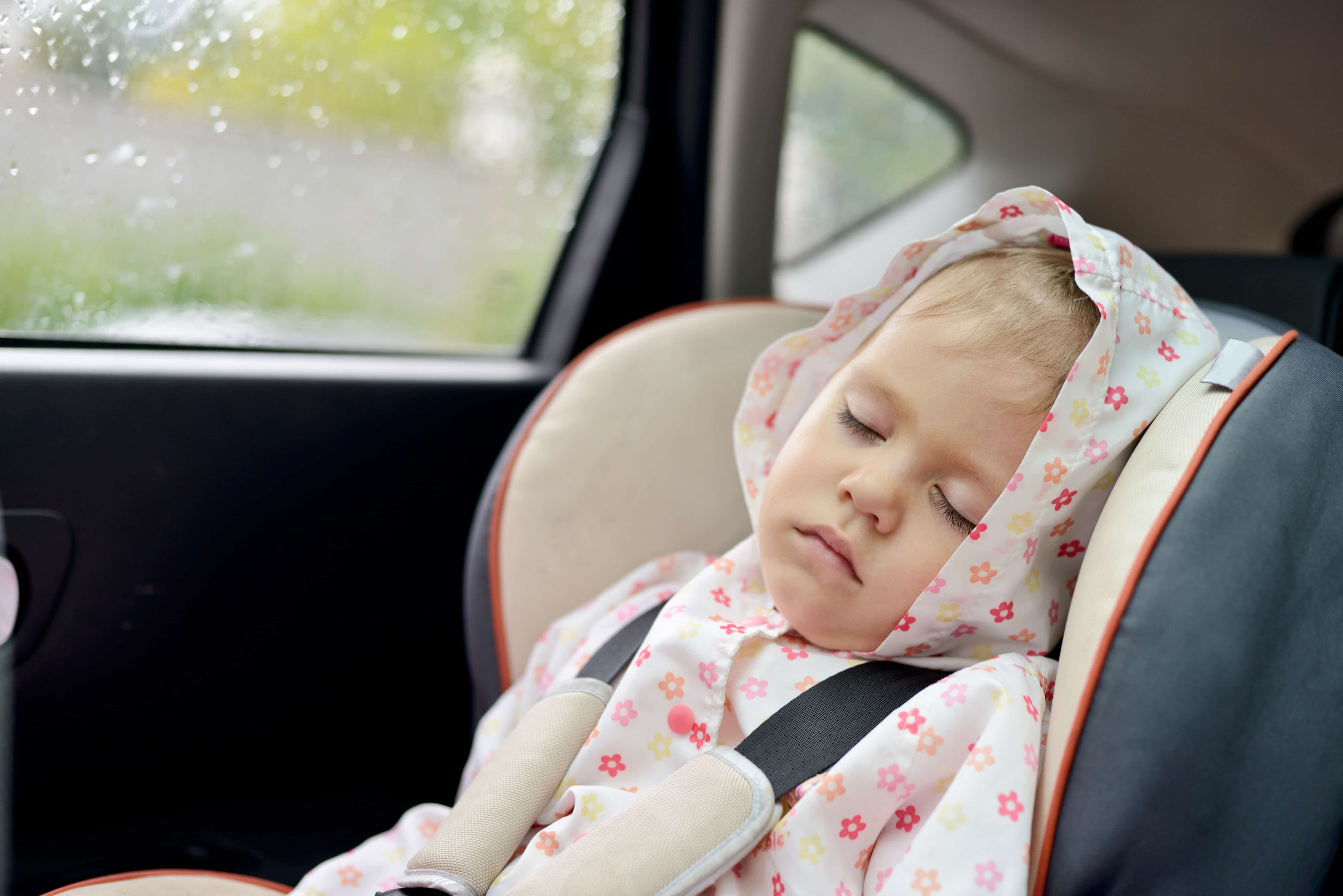When will Courts Order Parents to have Shared Care or Equal Time with Children?
Can I have Equal Shared Parental Responsibility and Equal Time?
Courts must apply the presumption that it is in the best interests of the child for the parents to have Equal Shared Parental Responsibility for the Child (section 61DA Family Law Act) unless it can be argued the presumption doesn’t apply. Since there are only limited circumstances when the presumption doesn’t apply, in the vast majority of cases, Equal Shared Parental Responsibility will apply.
Just because an Order for ‘Equal Shared Parental Responsibility’ might apply to your family situation, does not mean that ‘equal time’ or ‘shared care’ will also then apply and automatically happen for you.
The amendments made in 2006 that changed the Family Law Act 1975 did not provide for the parents to automatically have “shared care” or for the Child to spend equal amounts of time with each parent. Those amendments in the legislation provided only for joint parental responsibility by both parents for their children.
Courts make decisions as to the time a Child should spend with each parent based on what is in the “best interests of the Child”, the factors which are considered to work out what is in the best interests of the child being in section 60CC Family Law Act.
There are however some circumstances in which a Court MUST consider whether a Child should spend equal time with both parents.
When Must a Court Consider Shared Care / Equal Time
If a Court makes an Order for ‘Equal Parental Responsibility’, then the Family Law Act 1975 says the court MUST then consider whether an order for shared care (meaning equal time) would be appropriate (section 65DAA(1a) Family Law Act).
When a Court is asked to look at whether equal time is appropriate for the child and their parents’ situation, the Court will consider whether a shared care arrangement will be reasonably practical given the circumstances of that particular child or children, and their parents / family situation.
How does a Court Decide if Equal Time is Appropriate?
When deciding whether it should make a shared care parenting order providing for the child to spend equal time with their parents, a Court will look at things like:
- the age of the child;
- the distance the parents live from each other and the child’s school;
- how good the level of communication is between the parents;
- the degree to which the parents are able to co-operate and work together for the benefit of the child;
- the capacity of the parents to resolve difficulties that might arise in a shared care arrangement;
- the difference in parenting styles of each of the parents and the extent to which the child may benefit from those different parenting styles;
- the arrangements that have previously and currently been in place for the child and how those arrangements have worked or not worked for the child;
- the child’s ability to cope with living in a shared care arrangement and the impact on the child;
- the capacity and capability of each of the child’s parents;
- the individual needs of each child;
- all of the ‘best interests of the child’ factors contained in Section 60CC of the Family Law Act 1975.
If it is not appropriate for a Child to spend equal time with each parent, then the Court must next consider a Child spending substantial and significant time with a parent under (section 65DAA(2c) Family Law Act).
Courts often decide a shared care or equal time arrangement will not work if:
- the parents live a long distance from each other;
- the child might have to spend a long time traveling to or from school because of the distance a parent lives from their school;
- there is high conflict between the parents;
- there is no ability for the parents to communicate at all, or the parents have shown by past behaviour they cannot communicate effectively with each other;
- the parents are unable to co-operate with each other at all.
Sometimes, having changeover at the school, so as to lessen how much parents come into contact with each other can help reduce conflict, or conflict in front of the child.
Other essentials to know about Child’s Time with Parents & Parental Responsibility
Read actual recent court cases where decisions have been recently made by Courts about parental responsibility and time with parents including when orders have been made for equal parental responsibility and sole parental responsibility.
We also have the following Fact Sheets which will provide you with even more essential general information on this topic:
- What is Shared Care or Equal Time and will it apply to us
- What is Substantial and Significant Time and when does it apply
- What does Parental Responsibility actually mean and What types of Parental Responsibility Orders do Courts make
- What is Equal Shared Parental Responsibility
- When does Equal Shared Parental Responsibility apply
- What does Sole Parental Responsibility mean
- When will Sole Parental Responsibility be Ordered
- Who makes long term, short term and day to day decisions for the Child
- What are the major Long Term Issues that must be made by parents with Shared Parental Responsibility
- What are Grandparents Rights to see their Grandchildren
- Mediation Requirements before Court Proceedings
Connect with us on Facebook

All Sub-Topics in the Child Issues Section
- Types of Parental Responsibility Orders
- Child’s Time with Parents: Shared Care or not
- Grandparents: Rights to see Grandchildren
- Documenting a Parenting Agreement
- Best Interests of the Children
- Relocation of a Parent with a Child
- Change of a Child’s Surname
- Child Passports & Overseas Travel after Separation or Divorce
- How to change a Final Parenting Order previously made by the Court
- International Child Abduction



















